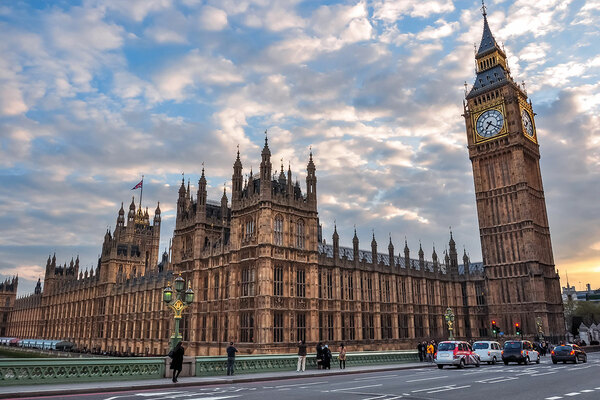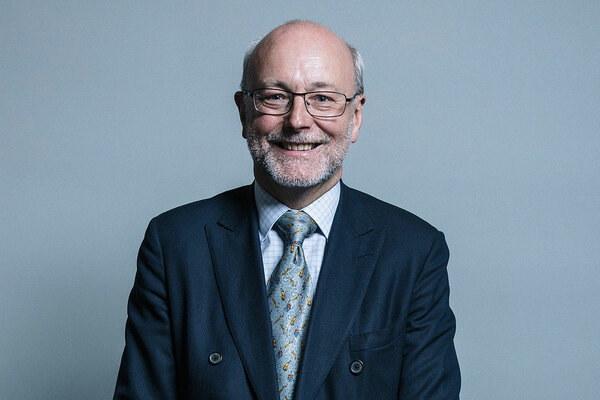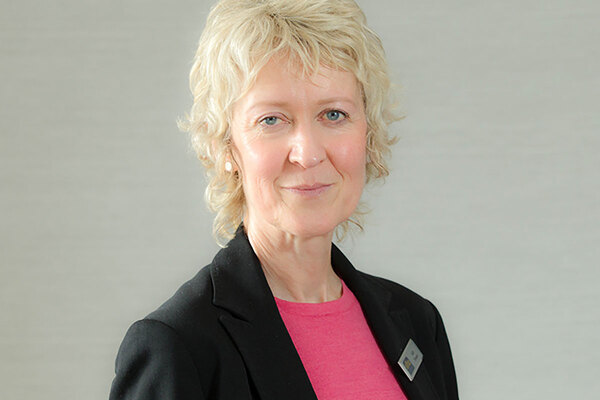Election 2019: sector bodies and housing charities unveil pleas to incoming government
Trade bodies and charities have kicked off their general election lobbying efforts with pleas to build more social housing, reform the benefit system and end homelessness.
With just a month until polling day, the groups are making clear to any incoming government that urgent action is required to solve the sector’s biggest problems.
The National Housing Federation has launched a campaign called Let’s Fix the Housing Crisis for Good, which is calling on the next government to commit to five priorities.
These are: building 145,000 social homes a year; setting up a building safety fund to cover the cost of making homes safe; establishing a ‘Great Places Fund’ to drive growth in left-behind places; delivering a new deal for social housing by responding to the long-delayed Social Housing Green Paper; and a “fair and effective” welfare system through improvements to the controversial Universal Credit.
The campaign will include a week of action, starting on 25 November.
The Chartered Institute of Housing (CIH) has said it wants an incoming government to commit to building 1.5 million social homes over the next 10 years, with at least 90,000 of these for social rent each year. The group estimates that this would cost £12.8bn a year.
A CIH spokesperson said: “We would also want any future government to get rid of the benefit cap and bedroom tax and to restore Local Housing Allowance to cover the lowest 30% of private rents across the country.”
Placeshapers, which represents 100 organisations managing almost a million homes, backed calls for investment in new homes while also calling for financial support to decarbonise our existing housing as well as building new homes of the highest environmental standards.
In a statement, the group said: "Placeshapers believes that incorporating carbon neutrality into regeneration activity, new build and health & safety improvements can produce rapid results and cost efficiency."
The G15, the group representing London’s largest housing associations, called for clarity on building safety guidance. It claimed that the current advice from government, including Advice Note 14, is confusing and would incur significant costs for associations.
The group also called for higher grants for affordable rented homes and clarity around investment past 2022. It said that housing associations need more funding as soon as possible or London associations could defer investment in longer-term schemes.
It added that it would like to see Homes England follow the Greater London Authority’s lead and provide a package to support tenure conversions of homes while the London housing market remains uncertain.
Brian Robson, executive director at the Northern Housing Consortium, said: "The Northern Housing Consortium backs the sector-wide call for political parties to commit to an ambitious expansion of investment in affordable homes.
"We are emphasising the need for this investment to be available right across the North."
Meanwhile, Shelter has also said it wants to see parties commit to building “at least” 90,000 new social homes a year over the next parliament.
Polly Neate, chief executive of Shelter, said: “We are in the grips of a national housing emergency that is leaving hundreds dead, thousands homeless and millions on the verge of losing their home.
“This is a crisis that no politician should be allowed to ignore during this election.”
She added: “Vague promises and piecemeal policies just won’t cut it anymore – which is why we want to see an ambitious renewal of social housebuilding at the heart of every party’s manifesto.”
Shelter also wants to see Section 21 notices – known as ‘no-fault’ evictions – scrapped, as promised by Theresa May.
The charity called for “urgent action” to tackle homelessness by increasing housing benefit to cover the cheapest third of private rents.
Shelter is among a coalition of six charities that this week launched a campaign entitled End Homelessness Now. The group is calling on political parties to publish plans on how they will end rough sleeping. This should include improving access to “truly affordable housing”, the charities said.
The main parties have yet to publish their manifestos but have already made pledges on housing.
In a policy document entitled Housing for the Many, Labour has committed to build a million new “genuinely affordable” homes as part of a 10-year plan.
It will redefine “affordable” as linked to local income, the document said. A Labour government would also scrap the Right to Buy, which it said would “stop the sell-off of 50,000 social rented homes”, according to the document.
Shadow housing secretary John Healey has promised that Labour would be “the most radical government on housing” since World War II.
For the Conservatives, Boris Johnson said last month that the party should encourage more private builders, crack down on landbanking and allow councils to retain stamp duty and council tax in order to encourage more homes to be built.
In September, housing secretary Robert Jenrick announced plans to give housing association tenants the right to buy a share in the equity of their property – starting at 10% and rising in 1% chunks. The Conservatives claim that they have delivered more than 430,000 new “affordable” homes and 135,000 for social rent since 2010.
The Liberal Democrats have also vowed to end the housing crisis. The party’s website said it plans to “build more houses, help first-time buyers and protect those in rented accommodation by using pragmatic intervention where the market is failing people”.
However Jo Swinson, new leader of the Liberal Democrats, failed to mention housing in her speech to the party’s conference in September.
The party last week unveiled plans to spend £15bn on insulating 26 million homes to help tackle climate change. It claims that the initiative will save the average household £550 a year on energy bills.












